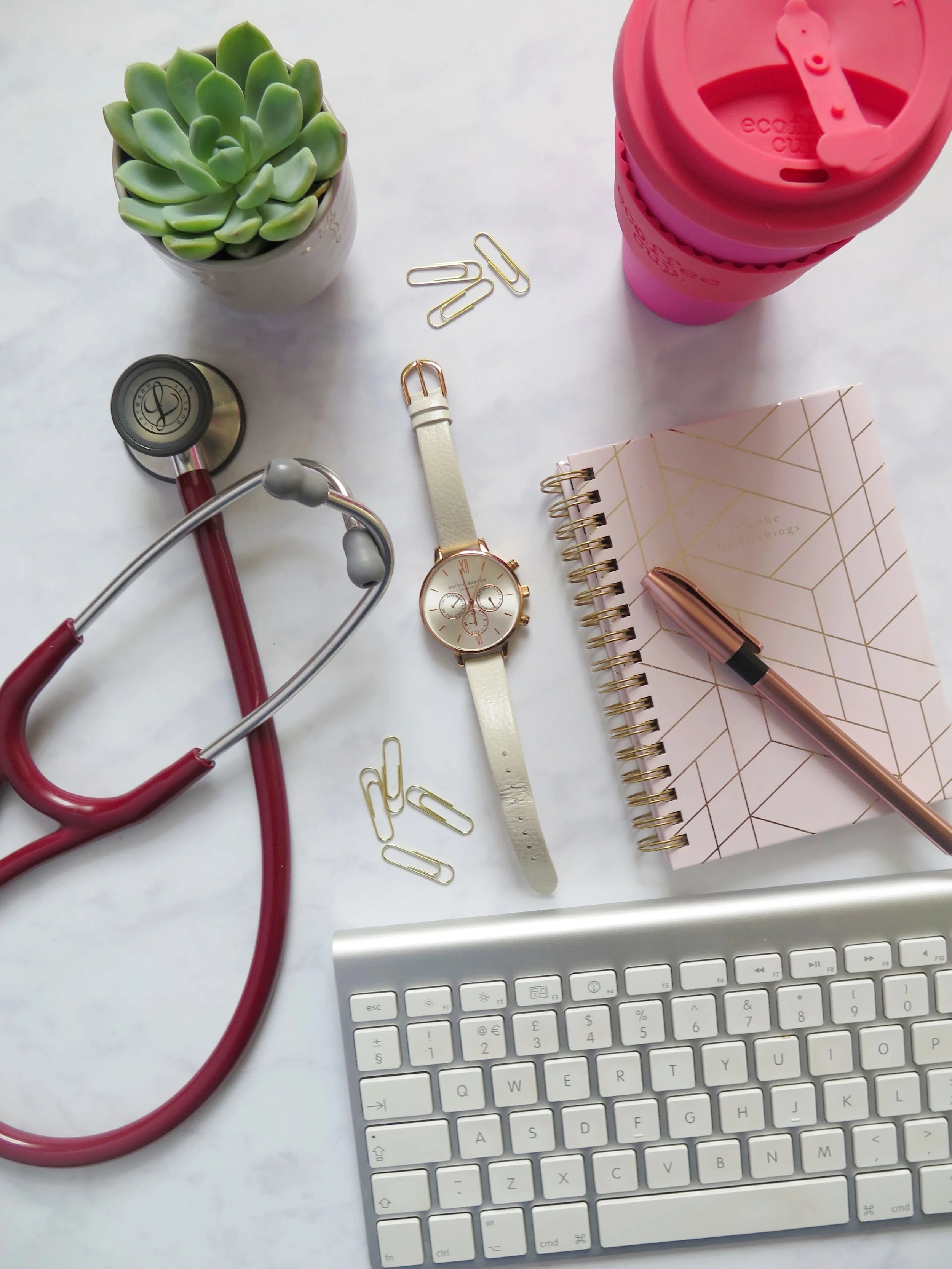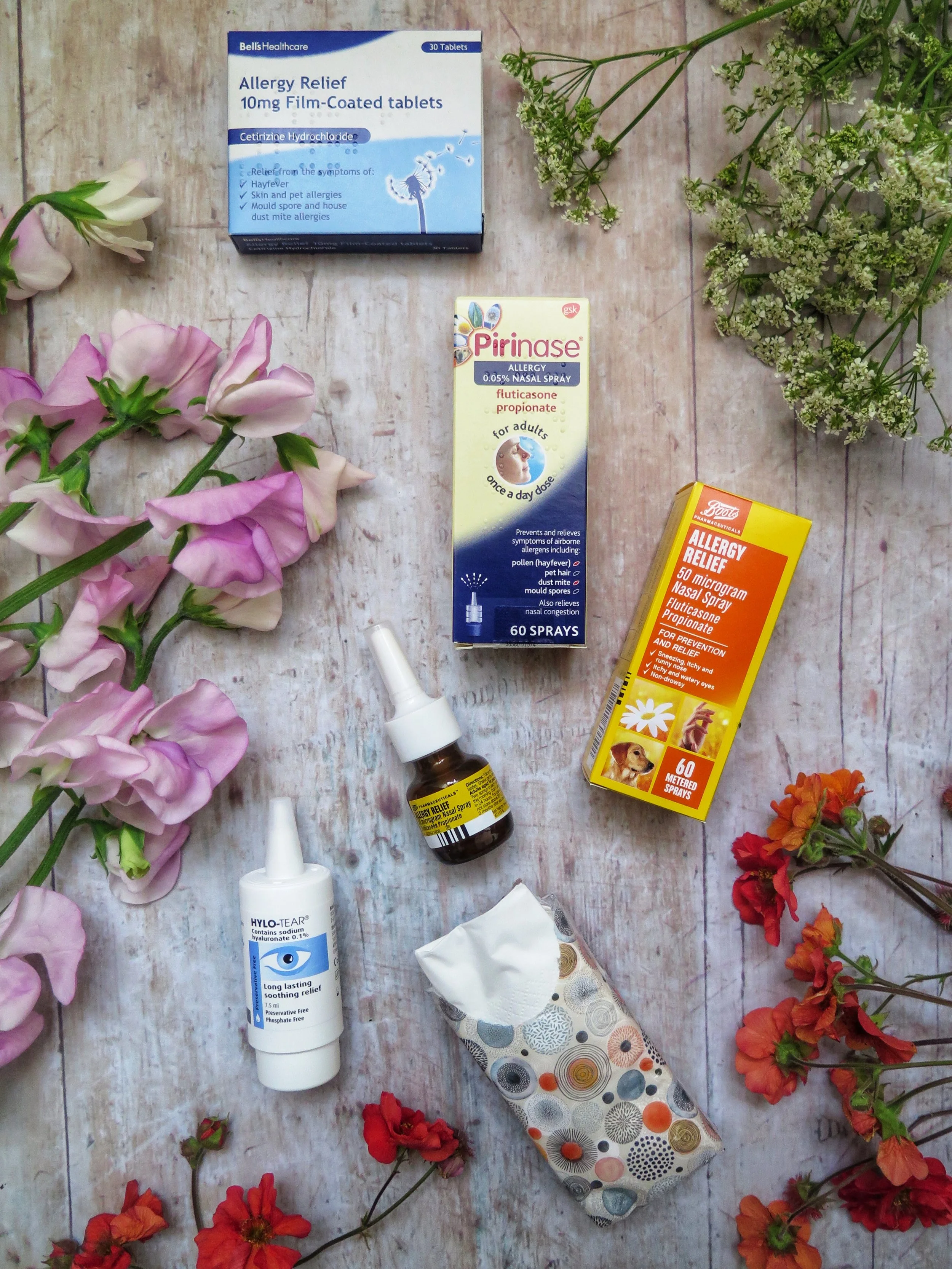How to get the most out of your GP appointment
Due to a lot of recent media coverage I think everyone is aware now about the current difficulties in getting GP appointments. This difficulty is mainly due to increased demand for appointments: partly because we have a growing elderly population; as well as higher expectations from patients; combined with a fall in the numbers of GPs working and an increased amount of administrative tasks we are having to do.
So you’ve waited 4 weeks for your appointment, how can you get the most out of the time you have with your doctor? And time sadly is limited. Most GPs have only 10 or sometimes 15 minutes with each patient and in that time they need to call you in from the waiting room, listen to your story, examine you if necessary, make a plan with you, request any tests which need doing, prescribe any medicines you need, write a referral letter if you need onward treatment and make comprehensive notes in your medical record. Phew! It’s quite a challenge to get all that done in 10 minutes. We really would love to have a longer time to talk to patients but sadly that is just not possible. But there are some things you can do to try to optimise the time you have.
One problem per appointment
We might as well deal with this one first off. The list of problems. I know it seems annoying and unfair to a lot of people that most GPs now request for patients to only bring one problem to each appointment, especially if it’s been hard for you to get the appointment in the first place. But there really is a good reason for it and that’s your safety. Apart from calling you into the room, all those things written above we need to do for each and every problem you bring to the appointment in order for the issues to be safely dealt with. Sometimes it’s difficult enough to cover them all in 10 minutes even with just one simple problem. If you bring a list of problems the only way to cover them all is to shorten the amount of time we spend dealing with each issue. So if you bring 3 problems, that’s just over 3 minutes for you to tell us what the issue is, for us to ask questions, examine you, order tests, prescribe medication, arrange follow up... It’s just impossible and the risk when doing this is that important things get missed, mistakes get made, and then your health could suffer.
Prioritise
If you’re not sure which problem is the most important one to deal with on the day or you think your problems may be linked, then explain this first to your doctor and let them help you make a decision for what problem to deal with today, and what could wait for another day. Remember to keep it nice and brief, for example “I’ve got a rash, tummy ache and a headache”. And whatever you do, please don’t spend your 10 minutes talking about one problem and right at the end mention you’ve found a lump or have chest pain. We need to prioritise and deal with the most important issue right at the start of the appointment otherwise it could be harmful to your help.
If you want to cover more than one problem in an appointment, have a chat with the receptionist about whether you could book a double appointment which would then give enough time for more than one issue to be safely dealt with.
Prepare
Have a think about what you want to say before your appointment. You don’t need it to be a perfectly rehearsed script but get clear in your head what you want to mention. Try to establish the “story” eg if you are coming about tummy ache, think about exactly when it first came on, how often it happens, what might trigger it. It’s also useful to think about if there is anything you are particularly worried about or if you have any ideas about what could be going on and do mention this to your doctor because it is really helpful for us. Please don’t be embarrassed about anything you want to say, it really is all helpful to us to understand the full picture. It’s also useful if you could mention what it is you want us to do for you: are you keen for further tests, physio or just reassurance? It can help us then to guide the consultation in the right direction for you. If you want to jot some things down to remind you that’s fine, do bring it with you.
Clothing
This is probably more important in the winter but remembering all the different things we need to get done in your appointment, there is no point taking valuable time up during your appointment for you to take coats, hats, scarves off so we can check your blood pressure or listen to your chest. Take your outer layers off in the waiting room if you think you are going to need to be examined. If you know you’re coming to talk about knee pain, maybe don’t wear those skinny jeans which look great but take about half an hour to take off! - a skirt, dress, or shorts would make your life much easier and free up time for you to talk about what’s bothering you.
Get there on time
I know GPs can often run late and that can be very frustrating if you’re sitting waiting and have other things to be getting on with. I promise we really don’t intend to run behind, but in a clinic of 15 patients, if we overrun by just 2 minutes per patient, by the end of the surgery we will be 30 minutes late. Or sometimes we are dealing with a medical emergency such as a heart attack or a very unwell child, and obviously this takes longer than 10 minutes. Remember that one day it might be you or one of your family members who needs a longer appointment because of an emergency. If you turn up late for your appointment and the GP is running to time, that means that either you will have less time to cover your problems with the doctor, or they will need to run late in order to accommodate you. Sometimes we do have to say if you turn up late you may need to rebook and that could leave you waiting weeks again for another appointment.
Remember this is just a guide, and we understand that sometimes it might not be possible to prepare for your appointment but hopefully this helps explain some of the difficulties in general practice and enables you to have a better consultation with your GP.




